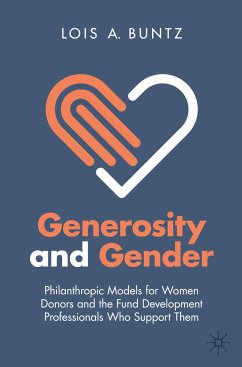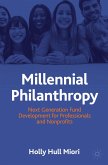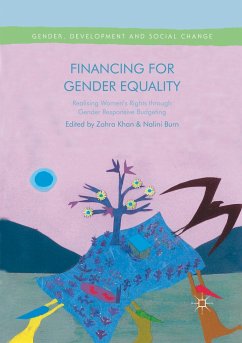The social, political, and economic environment is ripe with opportunity to engage women and their philanthropy. Professionals working in the field of philanthropy want ideas, practical information, research, and guidance about how to work with women donors, how to build women's philanthropy initiatives, and how to integrate this subset of donors into their current fund development departments. This book offers insight into the three historical waves of women's philanthropy and provides a summary of current research and inspiring stories collected from interviews with more than 70 women philanthropists and leaders.
Each chapter begins with current research, followed by interviews and examples, and ends with suggestions for fundraisers on how to implement the information into a women's philanthropy initiative using a six-step process: Awareness, Assessment, Alignment, Action, Acknowledgement and Achievement. The last several chapters focus on lessons learned from successfulprograms in traditional organizational settings-healthcare, higher education, and environment-and what we have yet to learn from the new and emerging philanthropic models led by Laurene Powell Jobs, Priscilla Chan, Melinda Gates, Nancy Roob, and MacKenzie Scott. Throughout the book, themes of equity, diversity, and inclusion are evident and featured in stories and programs led by women of color and younger donors. Additionally, COVID has impacted how fundraisers work, requiring the philanthropy community to adapt and create new ways to reach women donors. The final chapter is a call to action to all women, to give bigger and bolder as the fourth wave of women's philanthropy rises.
Each chapter begins with current research, followed by interviews and examples, and ends with suggestions for fundraisers on how to implement the information into a women's philanthropy initiative using a six-step process: Awareness, Assessment, Alignment, Action, Acknowledgement and Achievement. The last several chapters focus on lessons learned from successfulprograms in traditional organizational settings-healthcare, higher education, and environment-and what we have yet to learn from the new and emerging philanthropic models led by Laurene Powell Jobs, Priscilla Chan, Melinda Gates, Nancy Roob, and MacKenzie Scott. Throughout the book, themes of equity, diversity, and inclusion are evident and featured in stories and programs led by women of color and younger donors. Additionally, COVID has impacted how fundraisers work, requiring the philanthropy community to adapt and create new ways to reach women donors. The final chapter is a call to action to all women, to give bigger and bolder as the fourth wave of women's philanthropy rises.








